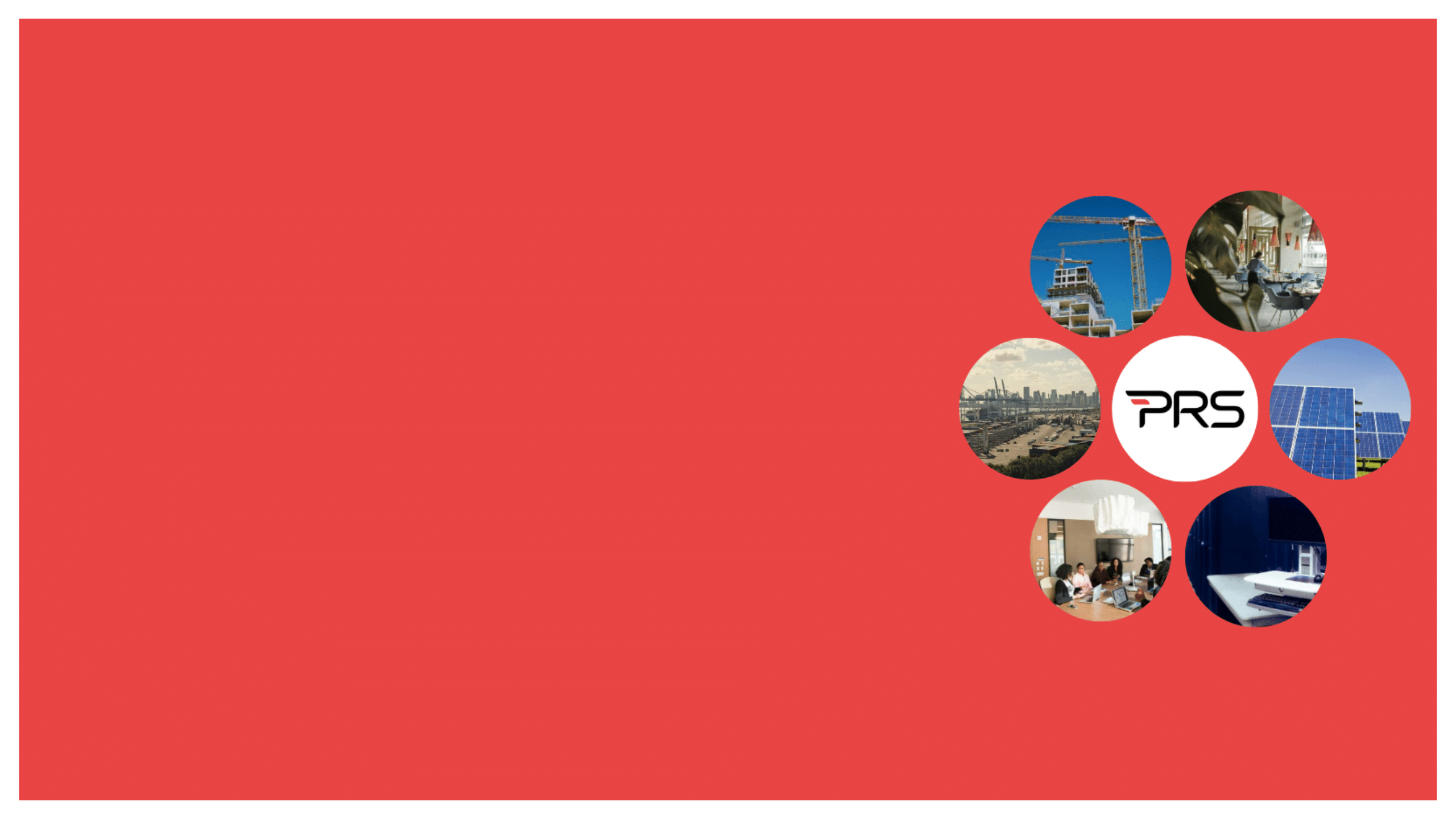The Essentials of 401(k) and Retirement Plans: A Guide for Employers and Employees
Planning for retirement is one of the most critical steps in securing a comfortable financial future, and 401(k) plans are among the most popular options in the United States. At PRS Americas, we understand the importance of fostering employee satisfaction and retention by offering robust retirement solutions. This guide will walk you through the essentials of 401(k) plans and other retirement options, ensuring you’re equipped with the knowledge to make informed decisions.
What Is a 401(k) Plan?
A 401(k) is an employer-sponsored retirement savings plan that allows employees to contribute a portion of their salary to a tax-advantaged account. Contributions are typically made, on a pre-tax basis, reducing taxable income for employees. Employers may also choose to match contributions, enhancing the plan. This type of plan is a cornerstone of many businesses looking to offer attractive benefits packages.
Key Features of 401(k) Plans:
- Tax Advantages: Contributions are made pre-tax, and earnings grow tax-deferred until withdrawal.
- Contribution Limits: For 2025, employees can contribute up to $23,500 annually, with an additional $7,500 catch-up contribution for those aged 50 or older.
- Employer Match: Many employers match employee contributions up to a certain percentage, boosting retirement savings.
- Investment Options: Employees can typically choose from a variety of investment options, such as mutual funds, index funds, and bonds.
Benefits of Offering a 401(k) Plan for Employers
Implementing a 401(k) plan offers numerous advantages for businesses. A comprehensive retirement plan can serve as a powerful tool for attracting skilled professionals and retaining top talent. Employees are increasingly looking for positions that prioritize their long-term financial well-being, making robust retirement benefits essential..
- Attracting Top Talent: A competitive retirement plan makes your company stand out to job seekers.
- Tax Benefits: Matching contributions are deductible as a business expense.
- Enhanced Productivity: Financial security positively impacts employee performance.
Types of 401(k) Plans
Not all 401(k) plans are created equal. Employers and employees need to understand the different options to find a plan that aligns with their goals.
- Traditional 401(k): Contributions are made pre-tax, and taxes are paid upon withdrawal.
- Roth 401(k): Contributions are made after tax, allowing for tax-free withdrawals during retirement.
- Safe Harbor 401(k): Simplifies compliance with IRS nondiscrimination rules, requiring employers to make contributions.
- Solo 401(k): Designed for self-employed individuals or small businesses with no full-time employees.
Employee Participation: Why It Matters
Employers play a crucial role in providing 401(k) plans, but employee engagement ensures the success of these benefits. Encouraging employees to maximize contributions and diversify investments can significantly impact retirement readiness.
- Maximize Contributions: Contributing enough to receive the full employer match ensures employees make the most of their benefits.
- Diversify Investments: Diversification reduces risk and balances potential returns.
Other Retirement Plan Options
While 401(k) plans remain a popular choice, exploring other retirement savings tools can provide flexibility for different employment scenarios. Small business owners, educators, and government employees may find specific plans more advantageous.
- IRA (Individual Retirement Account): A personal retirement account with tax advantages, available in Traditional and Roth formats.
- SEP (Simplified Employee Pension) IRA: Ideal for small businesses and self-employed individuals.
- 403(b): Tailored for employees in public schools and non-profits.
- 457(b): Designed for state and local government employees.
Common Questions About 401(k) Plans
Understanding the mechanics of a 401(k) plan is vital for maximizing its benefits. Common concerns often include:
- When can I access my 401(k) funds? Withdrawals can begin penalty-free at age 59½. Early withdrawals may incur additional taxes.
- What happens if I change jobs? Employees can roll over their 401(k) balance to a new employer’s plan or an IRA.
- Are 401(k) contributions tax-deductible? Contributions reduce taxable income, offering immediate tax benefits.
Action Steps for Employers
Starting or enhancing a 401(k) program involves strategic planning. Businesses can take steps such as assessing workforce needs and educating employees about their options. Professional services like those offered by PRS Americas provide expertise in managing these plans efficiently.
- Assess workforce needs to tailor your retirement offerings.
- Consult financial experts for plan selection.
- Provide educational workshops for employees.
PRS Americas is committed to supporting employers and employees in achieving financial security through comprehensive retirement solutions. If you have more questions on how to optimize your retirement strategy, Contact Us today, and our friendly team will be more than happy to help.
Share Article
Related Articles

Career Paths in Construction: Build Your Future Today
The construction industry can be one of the most dynamic and rewarding sectors to work in, offering a wide range of opportunities for individuals at all experience levels. Whether you’re just starting out, looking to transition into a new role, or aiming to climb the leadership ladder, construction offers diverse career paths that can match…

What Is a Blue-Collar Worker?
The term “blue-collar worker” evokes images of hard hats, tool belts, and hands-on labor—individuals who build, maintain, and power the physical world around us. At PRS Americas, we specialize in connecting these skilled professionals with opportunities in facilities management, construction jobs, and roles driving sustainability in real estate. But what does “blue-collar” really mean in…
